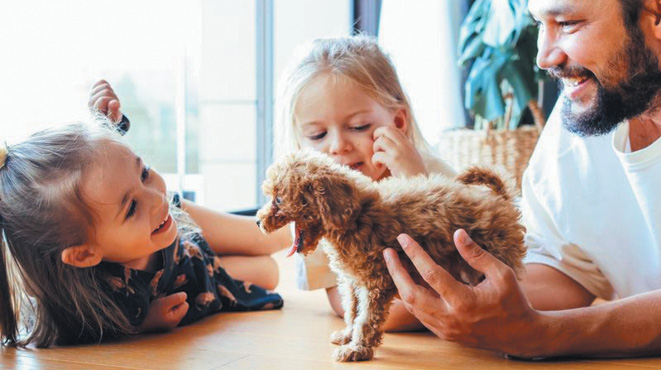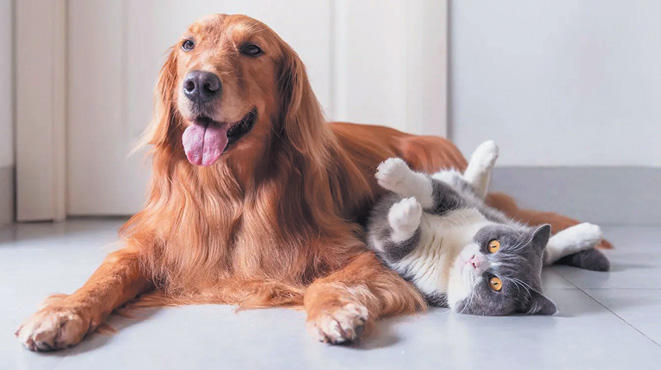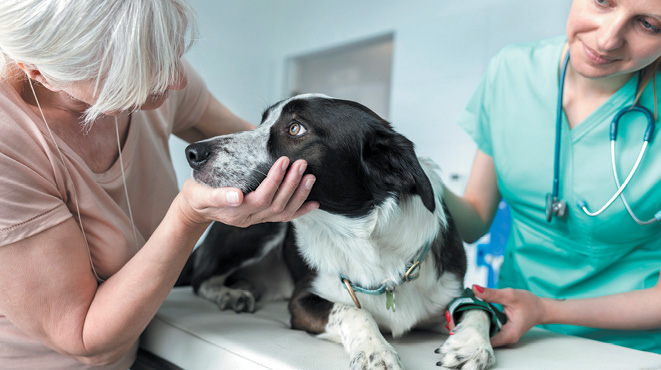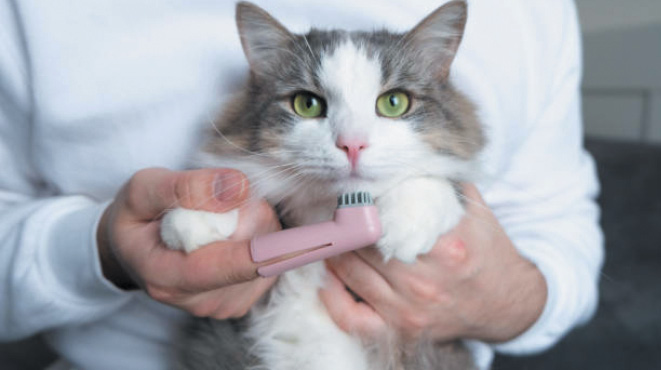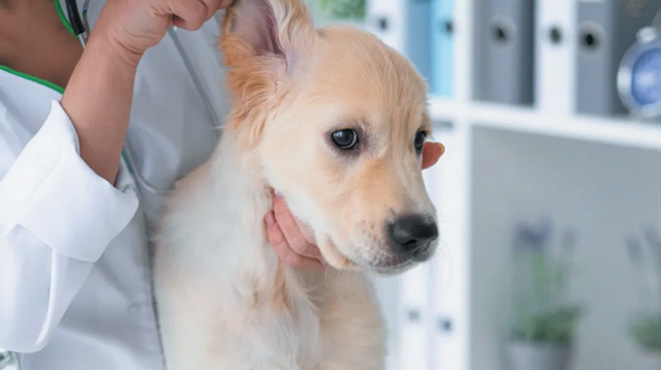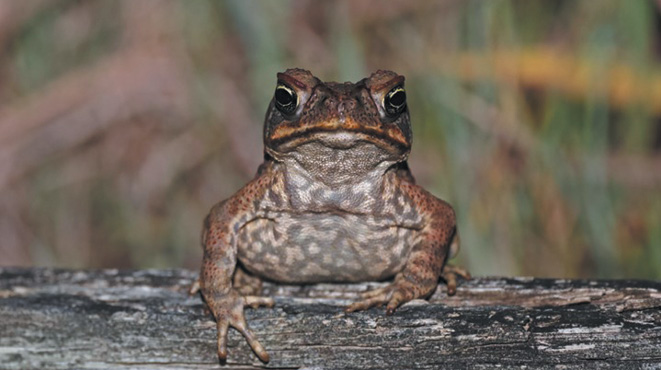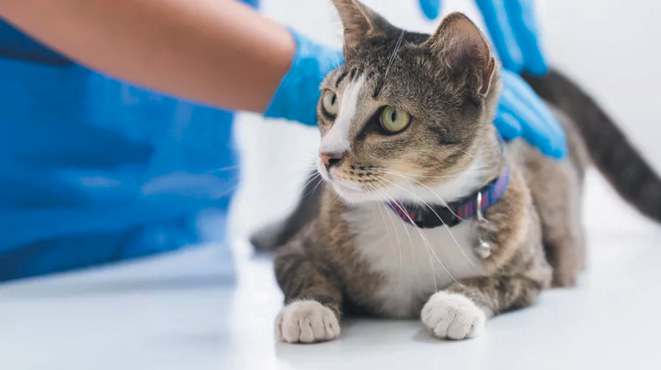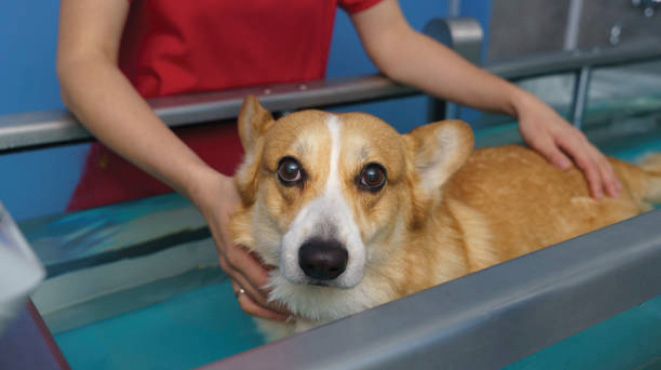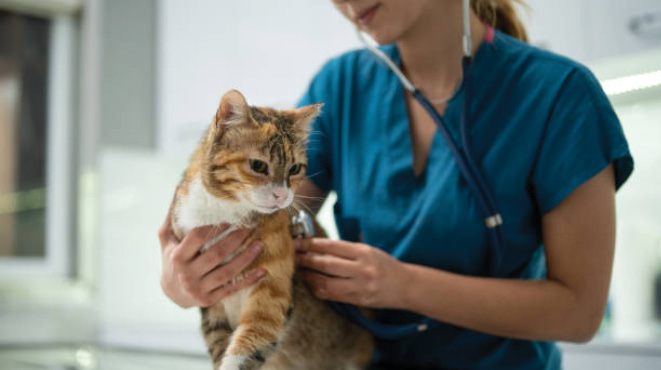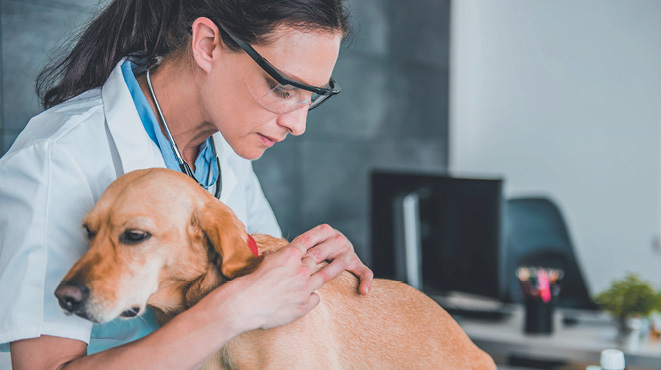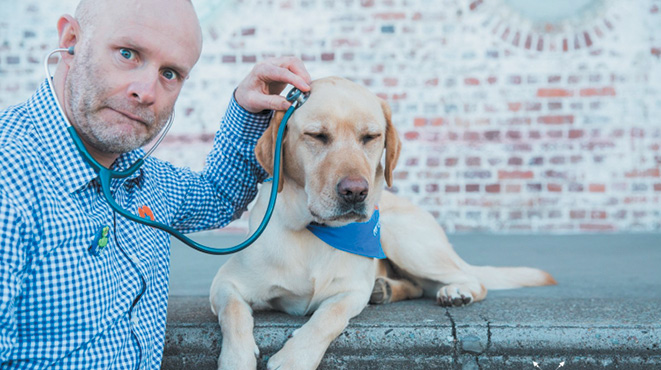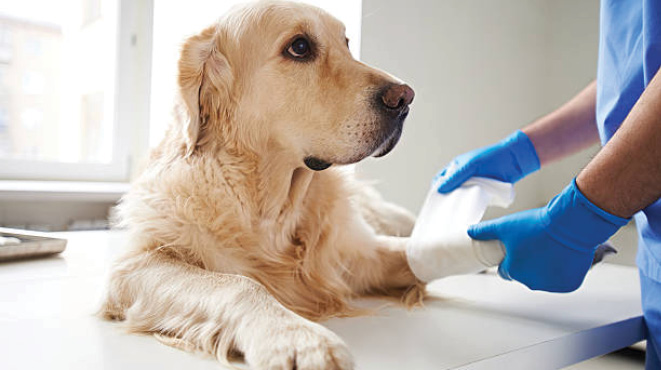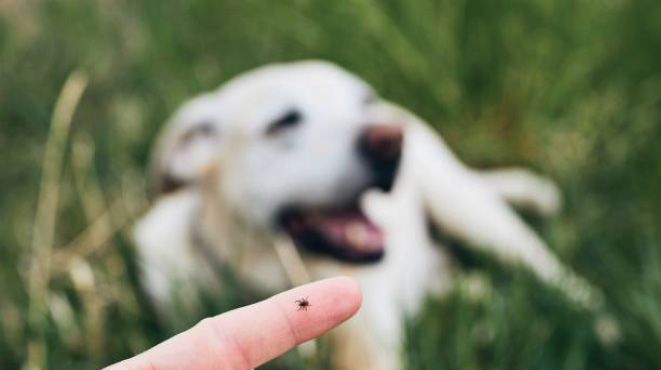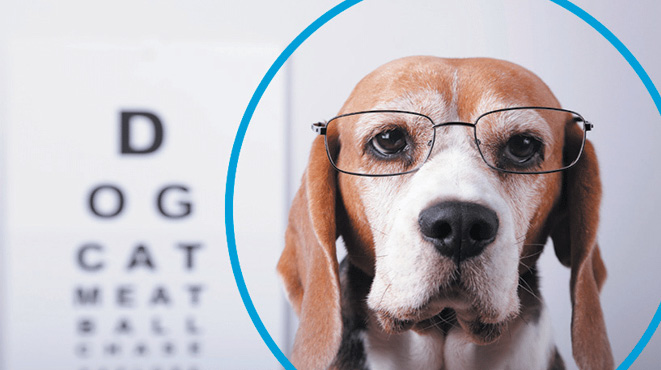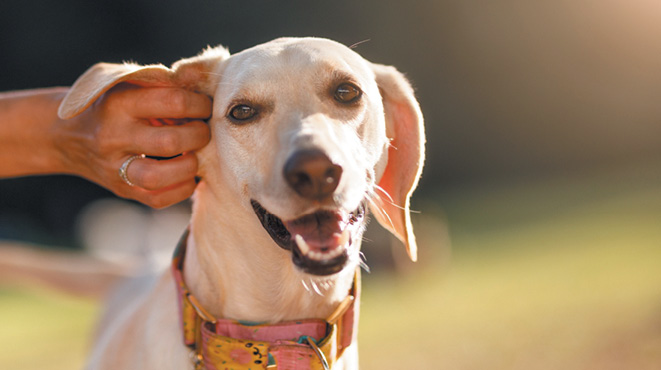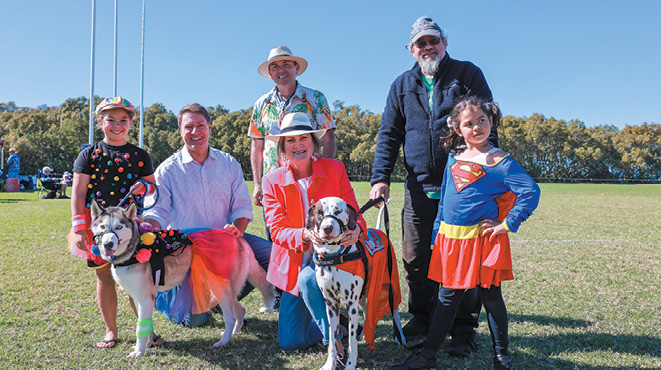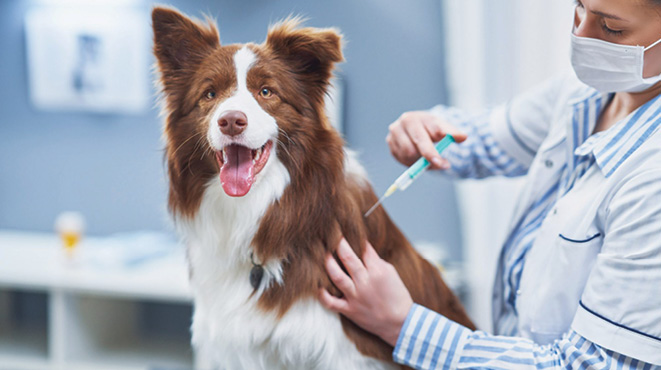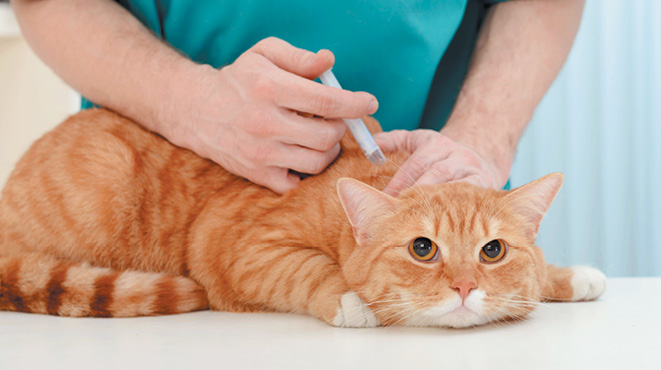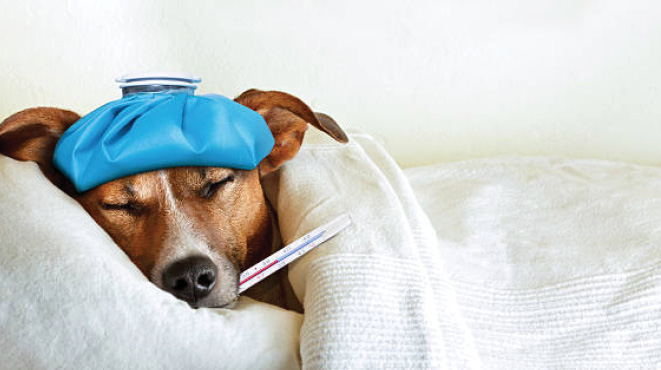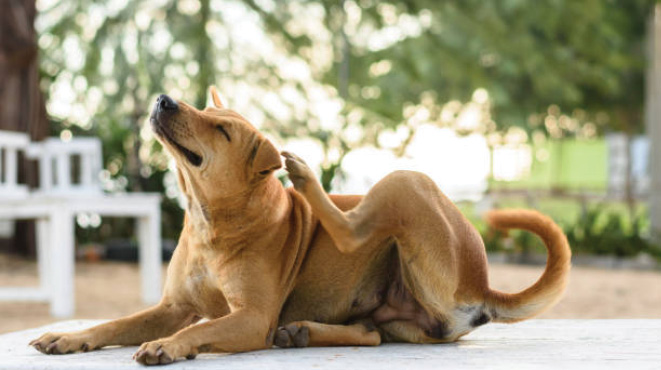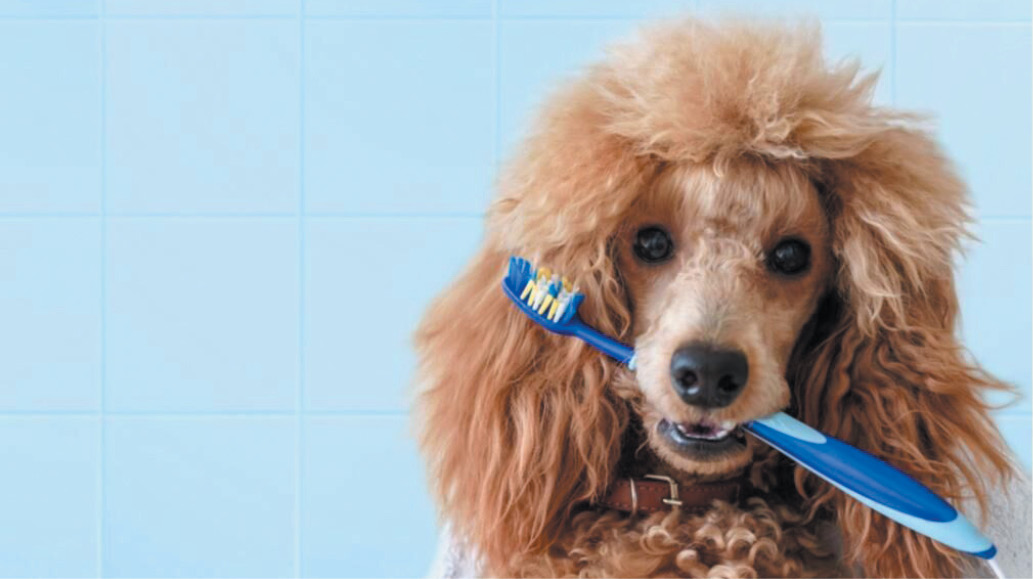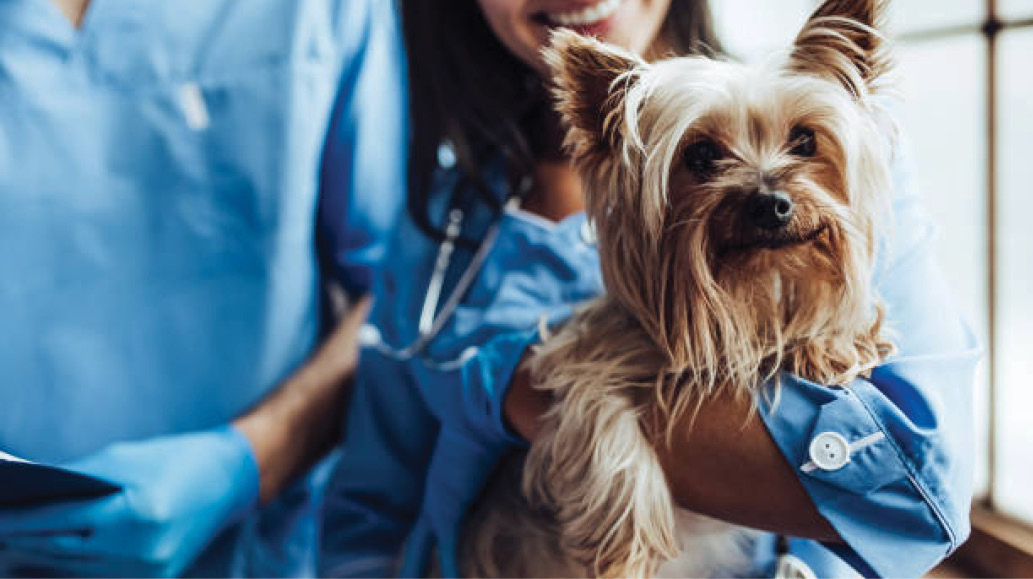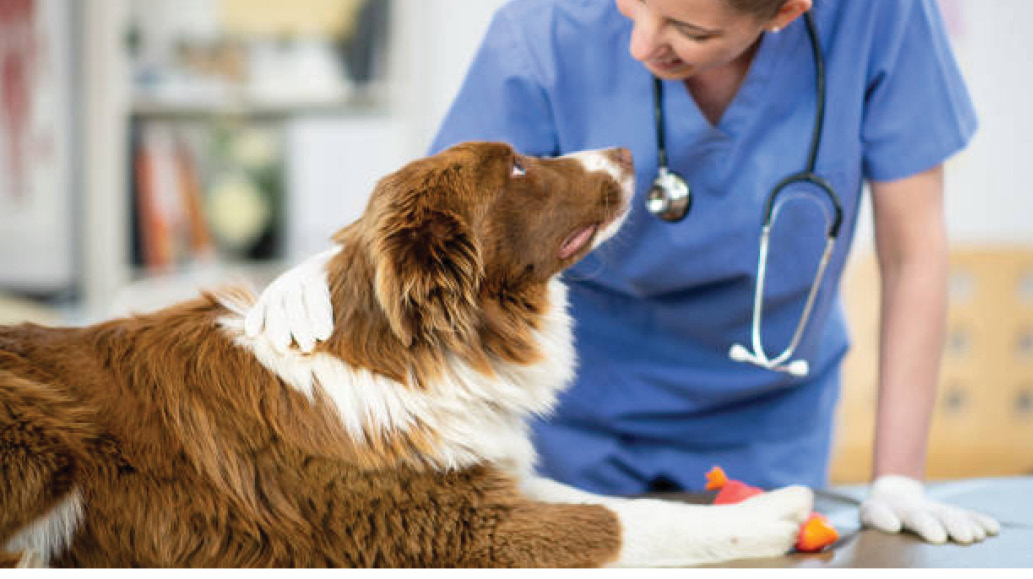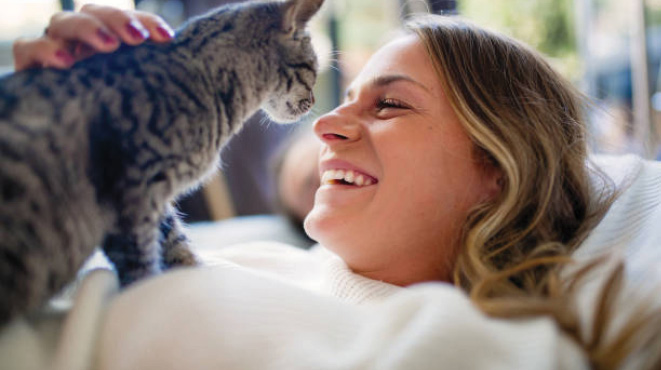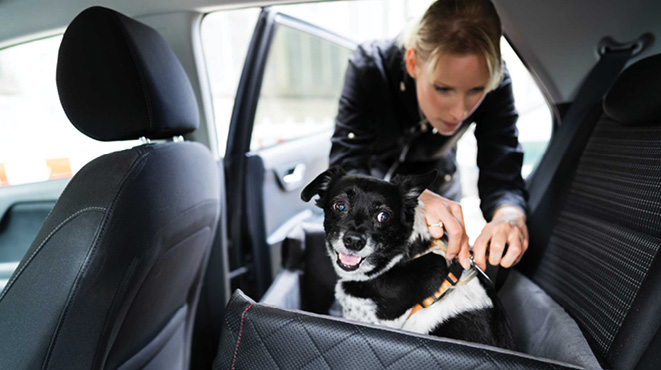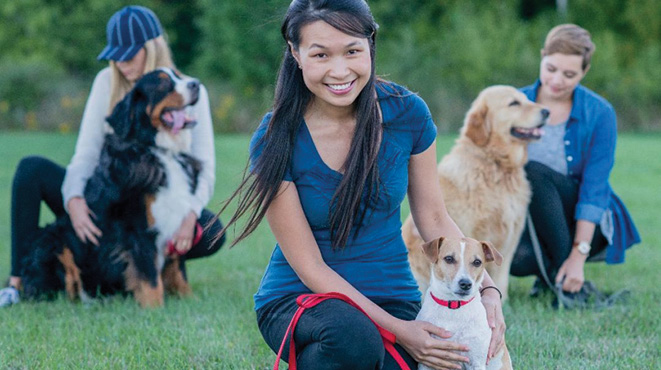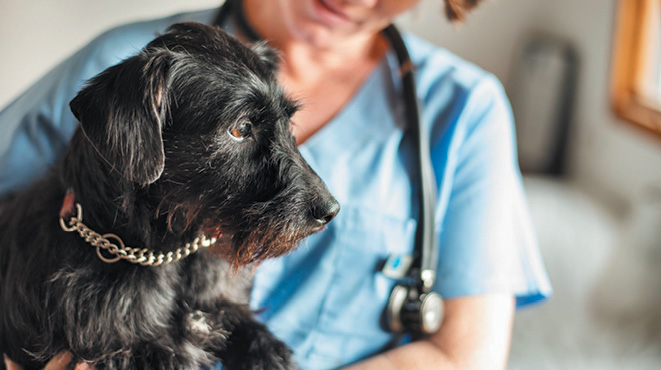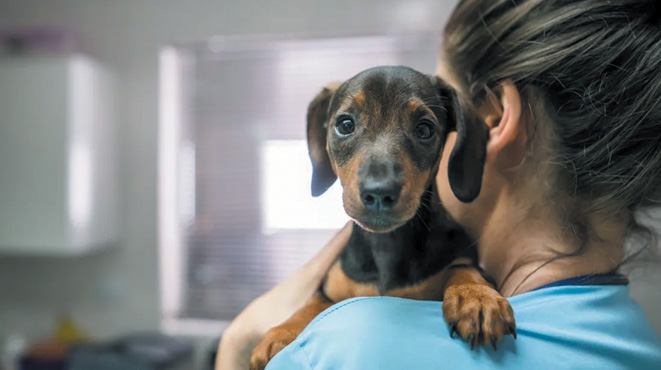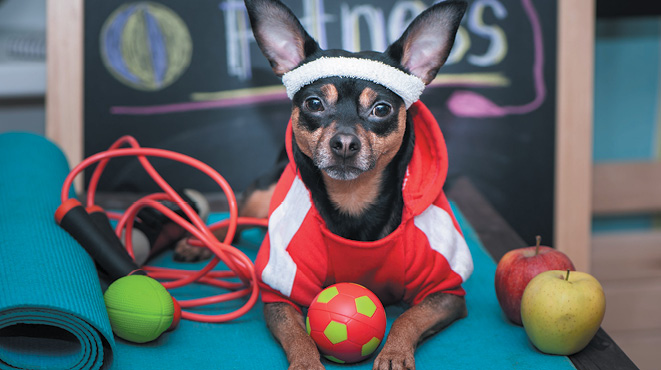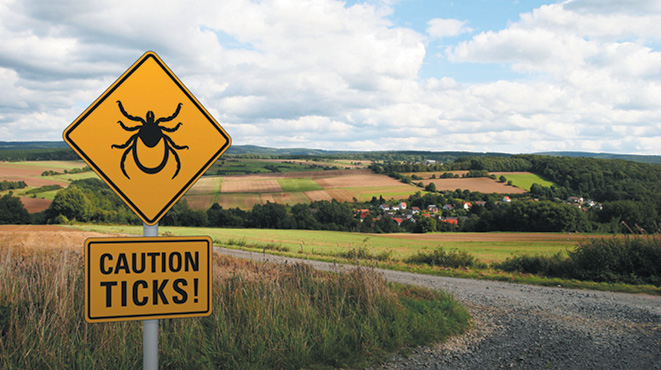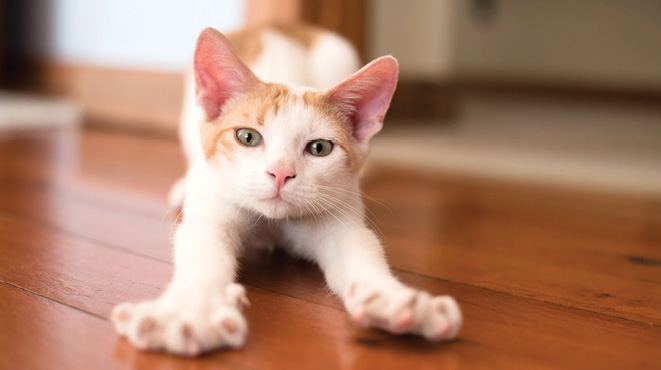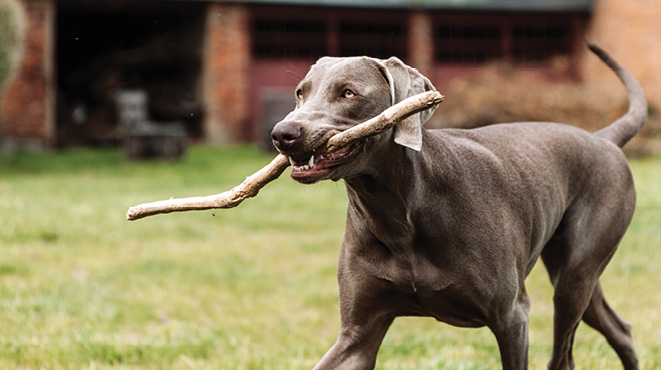BY DR NICKY THOMAS, WYNNUM MANLY VETERINARY HOSPITAL
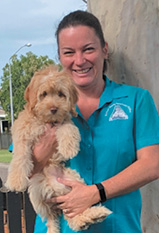 The socialisation period for puppies is from three to 17 weeks of age. The experiences your puppy has during this time of learning and development can influence their behaviour well into adulthood. To ensure your puppy grows into an adult dog who relates well to other dogs, animals and people it is important to provide socialisation with people and other animals and exposure to different environments.
The socialisation period for puppies is from three to 17 weeks of age. The experiences your puppy has during this time of learning and development can influence their behaviour well into adulthood. To ensure your puppy grows into an adult dog who relates well to other dogs, animals and people it is important to provide socialisation with people and other animals and exposure to different environments.
This critical time period of socialisation is also an important time to make sure that your puppy stays safe and healthy. Puppies may be socialised with puppies and dogs who are up to date with their vaccinations and worming. You can take your puppy to family and friend’s houses to meet their dogs if they are vaccinated. DO NOT take your puppy to areas where there are numbers of unknown dogs until they have had their third puppy vaccination – this is generally performed at 16 weeks of age.
Below are just some of the experiences you should try and provide your puppy.
Socialisation and desensitisation checklist
- New environments – suburban neighbourhoods, residential and city streets, inside buildings (Bunnings is a favourite!), beaches, forests, parks.
- Objects with wheels – skateboards, bikes, rubbish bins, shopping carts, prams, cars, buses, motorbikes.
- New surfaces – concrete, metal, unstable surfaces, stairs, wet grass, mud.
- Loud noises – thunder, fireworks, alarms, doorbells, barking dogs, vacuum cleaners, traffic.
- Other animals – cats, horses, livestock.
- Unfamiliar people – people of different ages, genders, appearances, ethnicities; people wearing hats, helmets, boots; people using canes or walkers; people running, walking and crawling.
Interactions should be safe and positive – if your puppy is showing signs of fear and stress during socialisation you should remove them from the situation. Work slowly and carefully with your puppy and reward calm behaviours when they are exposed to new situations. Have a chat with your vet about other ways to help your puppy adjust to the big wide world!


